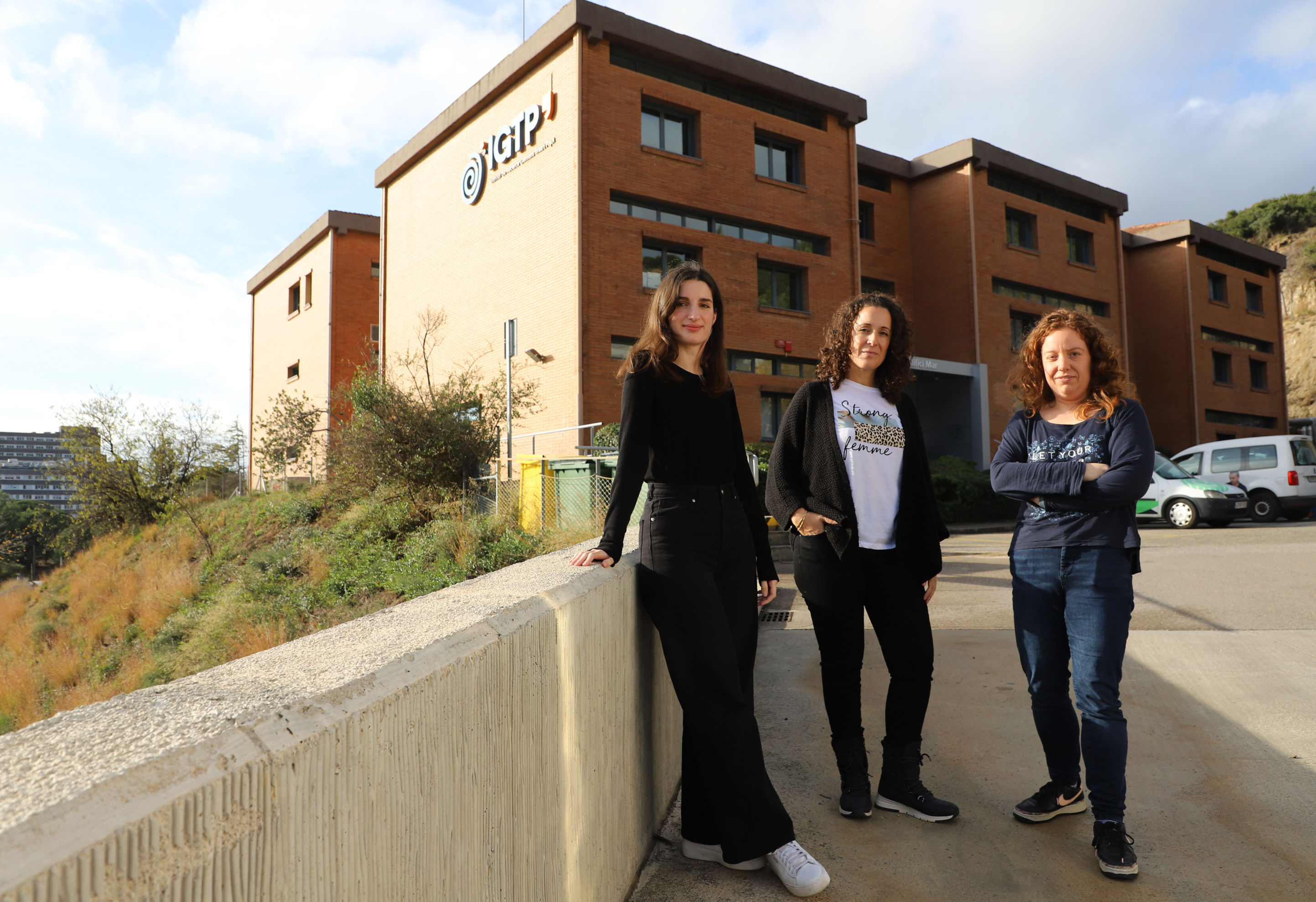The Legionellosis Study Group consolidates its position as a reference research group in Catalonia

The Public Health Agency of Catalonia (ASPCAT) has increased the budget granted to the Legionellosis Study Group (GELeg) of the Clinical and Environmental Infectious Diseases Research Group (CEID) of the Germans Trias i Pujol Research Institute (IGTP), ratifying its confidence in the resolution of Legionella outbreaks. The increase is almost double the budget items of previous years and will expand the scope of the work carried out in the laboratory.
GELeg was formed in 2002, when members of the Germans Trias Hospital came together to address requests for the study of Legionella strains related to clinical cases. Since then, it has given continuous support to ASPCAT, postulating it as a reference laboratory thanks to its great experience in sample processing. The main objective of GELeg is the molecular study of isolated strains, both of clinical and environmental origin, to try to clarify the environmental source of the clinical case or outbreak.
The group is attached to the Autonomous University of Barcelona (UAB) and the IGTP, where it is part of the CEID, led by Dr Maria Luisa Pedro-Botet and specialized in the study of infectious diseases such as legionellosis. Its lines of research include Legionella bacteria, but also other microorganisms and diseases: multidrug-resistant bacteria, nosocomial infection, infectious endocarditis, primary immunodeficiency, emerging infectious diseases and development of new antibacterial substances.
GELeg's contact with other institutions is constant and very important. The Epidemiological Surveillance Units process the shipment of positive clinical samples, while the Health Protection Agency and the Public Health laboratories are in charge of analysing water samples from suspected facilities and isolating environmental strains.
Looking forward, GELeg is increasing the range of clinical samples it analyses following advances in molecular studies. For example, in cases where isolation of a strain is not possible and the patient has been diagnosed with legionellosis by antigenuria techniques, the study is performed directly on a respiratory sample, such as sputum or bronchoalveolar lavage. In any case, the increase in the budget by ASPCAT reinforces the role of GELeg and will allow to continue fighting against Legionella outbreaks.
